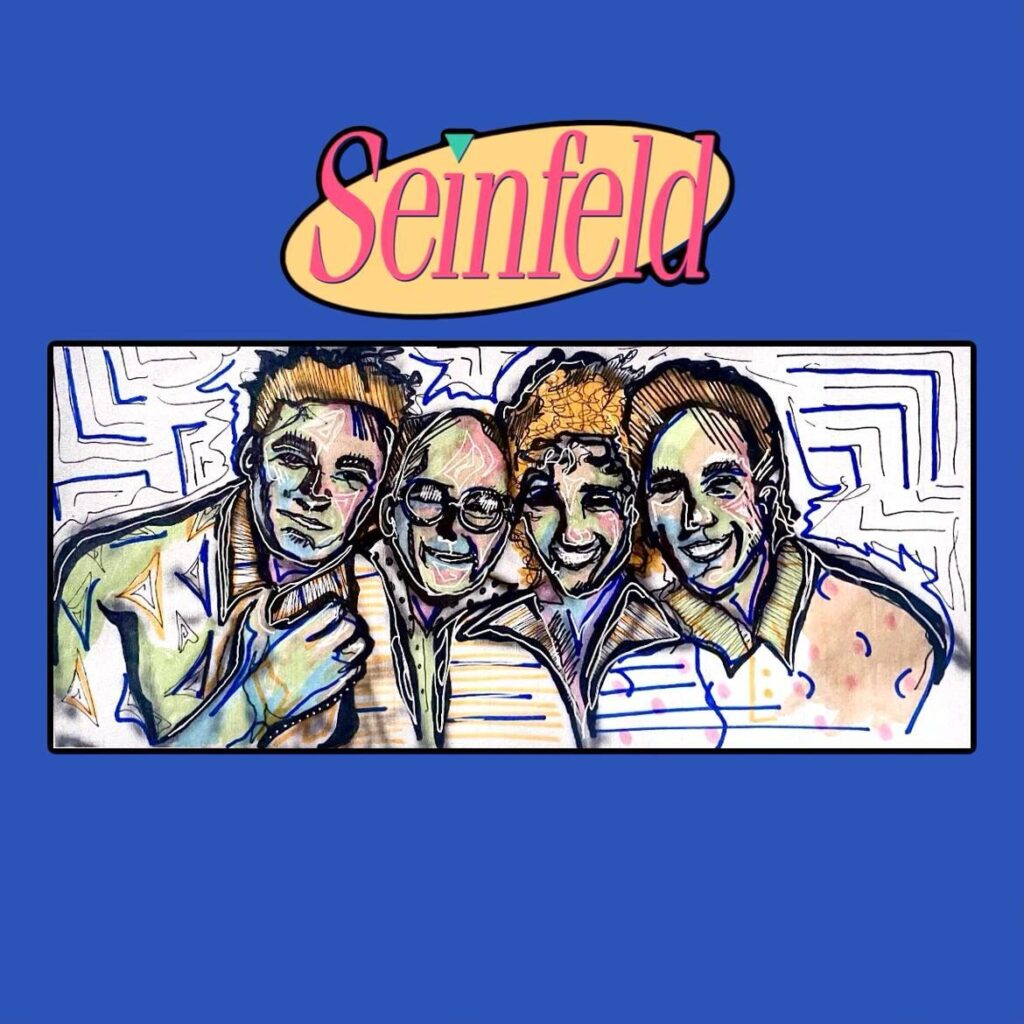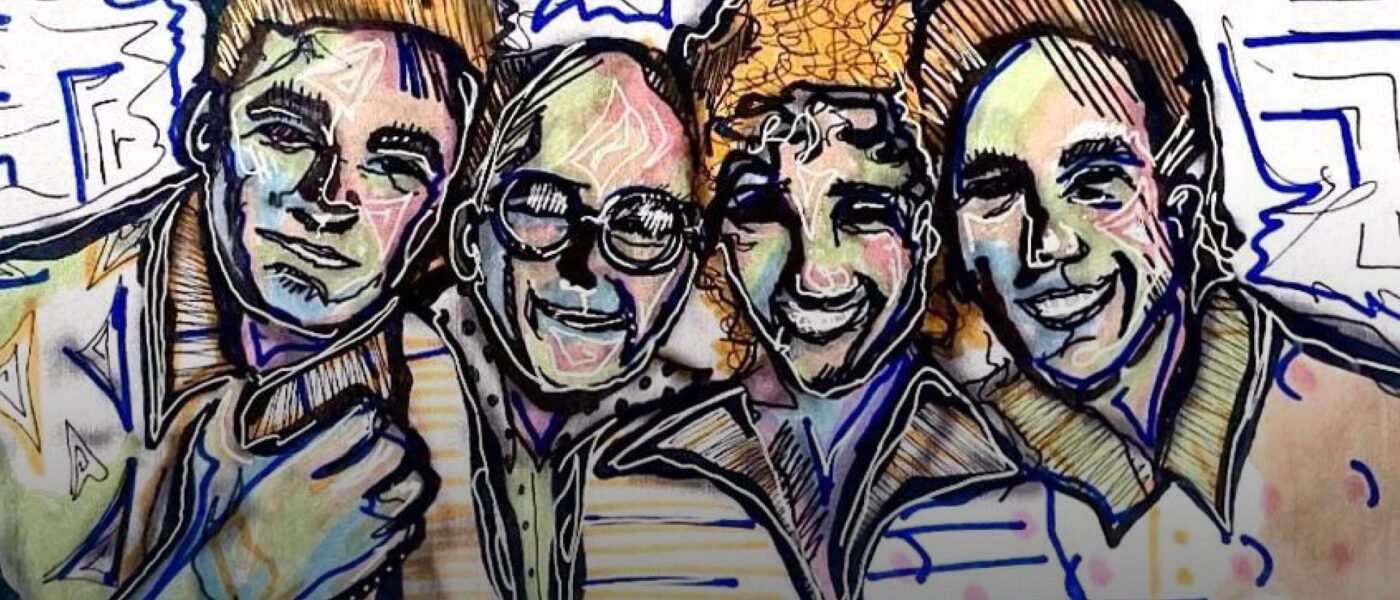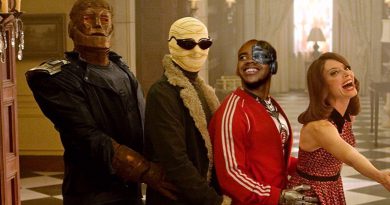Seinfeld’s Series Finale Was As Ingenious As It Was Hated
Saying Seinfeld’s ending was controversial is an understatement.
The sitcom series, which garnered more than 76 million viewers during its final episode, left a bad taste in its audience’s mouth.
The crime was so foul that Jerry Seinfeld himself says he regrets the way it was handled.
Even co-creator Larry David attempted to give fans closure by filming a “reunion” episode in season seven of his own program, Curb Your Enthusiasm.
While many fans lost admiration for the two comedy juggernauts following the 56-minute ending, let’s revisit it.
For context, Seinfeld’s finale sees the unapologetic quartet breaking the “Good Samaritan” law after idly standing by and laughing as a helpless man gets carjacked at gunpoint.
The episode then follows the gang as they try to beat the case with everyone’s favorite lawyer, Jackie Chiles. But the episode inevitably ends with the four serving a full year in prison.
Avid fans of the series were disappointed to see their beloved personalities have a sour end to their stories.
Facing the consequences of their actions was nothing new for the sitcom’s characters, but the fact that David and Seinfeld acknowledged how morally bankrupt the group was made viewers feel like they were taking a middle finger to the face instead of being rewarded.
This is where the disconnect between the writing and the audience becomes clear.

The pushback can be identified differently by two separate groups of Seinfeld fans: Those who tuned in every Thursday at 9 p.m. looking for a laugh and those aware of the “no hugging, no learning” rule but hoped that David would give in to sitcom formalities and send everyone home comfortable and happy.
The latter is the smoking gun.
What has always given Seinfeld a distinct feel from other sitcoms of its era is the running joke that the show is about “nothing.”
It was a series that prided itself on the absurdity of everyday life instead of a so-called “escape from reality.”
While there is no denying that, there is more nuance to it.
Realistically, all sitcoms are about “nothing.”
No grand, philosophical theme ties them together, but the presence of possible romantic relationships between characters, character growth and lesson-learning gives it some sort of storyline.
Seinfeld was never interested in providing fans what they wanted. Its interest was the exact opposite of Cheers or A Different World.
The textbook definition of an “anti-sitcom.”
Seasons went by, and the show continued to push more buttons than a baby with a switch box.
Nevertheless, NBC never put its foot down and hit self-destruct for the series.
A comfort comedy where its main characters turn on each other, rob an elderly woman for her rye bread and leave their deceased fiancé only minutes after their passing to grab some coffee.
What I just described sounds like an after-hours presentation on AdultSwim, not a 90s network program appealing to mainstream audiences.
More importantly, notice how comedies of the current age that take inspiration from Seinfeld, most notably It’s Always Sunny in Philadelphia, is a TV-MA production on FXX and not something akin to Big Bang Theory.
NBC utilizing David and Seinfeld to write jokes that kept it TV-PG was equivalent to fitting a square peg in a round hole. Their ability to not just cross the line, but leap over it and remain untouched by the studio was groundbreaking.
It was an irregularity, a glitch in the system.
Putting this into perspective makes Seinfeld’s finale all the more brilliant.
It butters you up in the beginning with Jerry and George’s pilot being picked up by NBC once again and a tease of Jerry and Elaine’s romantic revival, just to pull the rug right from under you.
Mix that in with a full-circle moment for “Art Vandelay,” a conversation about shirt buttons that elicits déjà vu and a stand-up routine for inmates in the end credits, to create a masterclass in light-hearted cynicism.
Seinfeld was never solely a show about “nothing.” It was a show that critiqued and rejected societal norms in a hilarious and immoral fashion.
If you can’t get down with that, then “no soup for you!”




